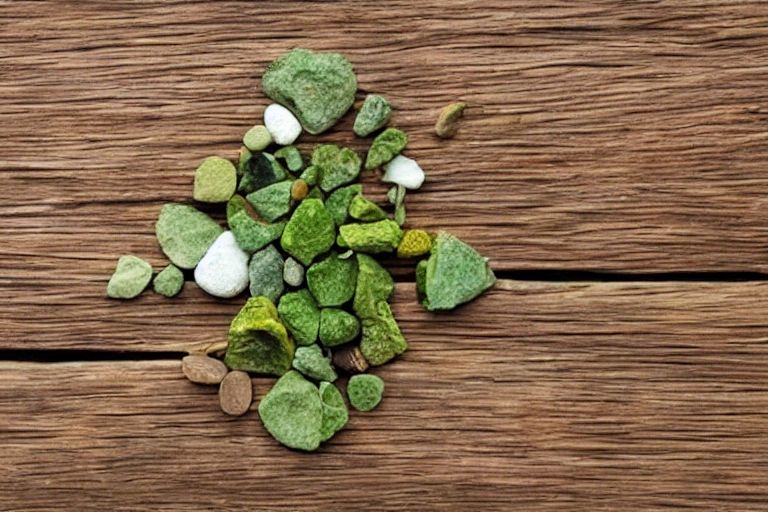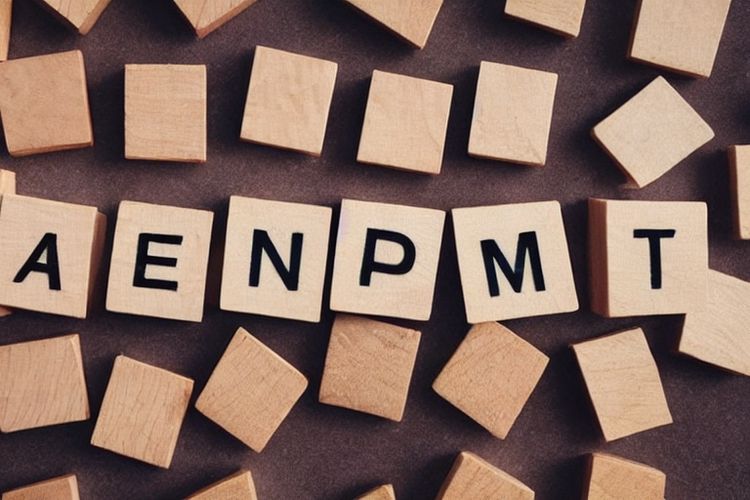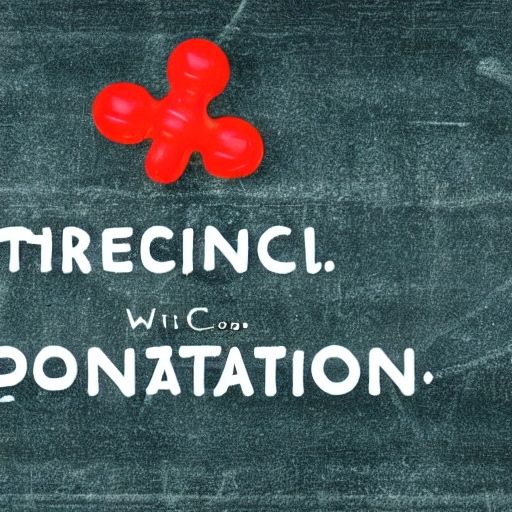Alternative Paths to Healing: Exploring Non-Medication Remedies for Anxiety and Depression

Alternative Paths to Healing: Exploring Non-Medication Remedies for Anxiety and Depression
Anxiety and depression are complex mental health conditions that affect millions of people worldwide. Traditionally, medication has been the go-to treatment option. However, there has been a growing interest in alternative paths to healing that focus on non-medication remedies. These alternative approaches not only provide relief but also empower individuals to take an active role in their mental health journey.
One increasingly popular non-medication remedy for anxiety and depression is therapy. Talk therapy, such as cognitive-behavioral therapy (CBT), is widely recognized as an effective treatment option. It involves discussing thoughts, emotions, and behaviors with a trained therapist who helps individuals identify negative patterns and develop healthier coping mechanisms. By targeting the root causes of anxiety and depression, therapy aims to bring about long-lasting change.
In addition to talk therapy, other types of therapy have gained recognition as effective non-medication remedies. Art therapy, for instance, allows individuals to express their emotions through art materials, which can be therapeutic and cathartic. Similarly, mindfulness-based therapies, like meditation and yoga, have shown promising results in reducing anxiety and depression symptoms. These techniques focus on being present, self-awareness, and calming the mind, which can provide relief and promote overall well-being.
Physical exercise is another non-medication remedy that has been found to be beneficial for anxiety and depression. Regular exercise releases endorphins – also known as “feel-good” hormones – which can boost mood and reduce stress levels. Engaging in activities like walking, running, swimming, or participating in team sports not only helps improve physical health but also contributes to mental well-being.
Nutrition and dietary changes have also been explored as non-medication remedies for anxiety and depression. Mounting evidence suggests that certain nutrients, such as omega-3 fatty acids and magnesium, play a crucial role in brain health. Including foods rich in these nutrients, like fatty fish, nuts, and leafy greens, in one’s diet may have a positive impact on mood and overall mental health. Additionally, reducing the consumption of processed foods and sugar has been found to alleviate symptoms of anxiety and depression.
Alternative practices, including acupuncture and herbal supplements, have also shown potential in relieving anxiety and depression symptoms. Acupuncture, an ancient Chinese healing technique, involves the insertion of thin needles into specific points of the body to restore the flow of energy. While the scientific evidence is limited, many individuals report experiencing reduced anxiety and improved mood after acupuncture sessions. Similarly, herbal supplements like St. John’s Wort and kava have been used for centuries to alleviate symptoms of anxiety and depression, although caution should be exercised when using these supplements, as they can interact with medications.
While these alternative paths to healing provide individuals with options beyond medication, it is essential to consult with healthcare professionals before exclusively relying on non-medication remedies. Healthcare providers can offer guidance, assess individual circumstances, and determine the best combination of treatments for each person’s unique needs.
In conclusion, alternative paths to healing offer an array of non-medication remedies for anxiety and depression. From therapy and exercise to nutrition and alternative practices, these options provide individuals with a holistic approach to mental well-being. By exploring and integrating these alternative approaches into their lives, individuals can find relief, gain a deeper understanding of themselves, and take an active role in their journey towards healing.



